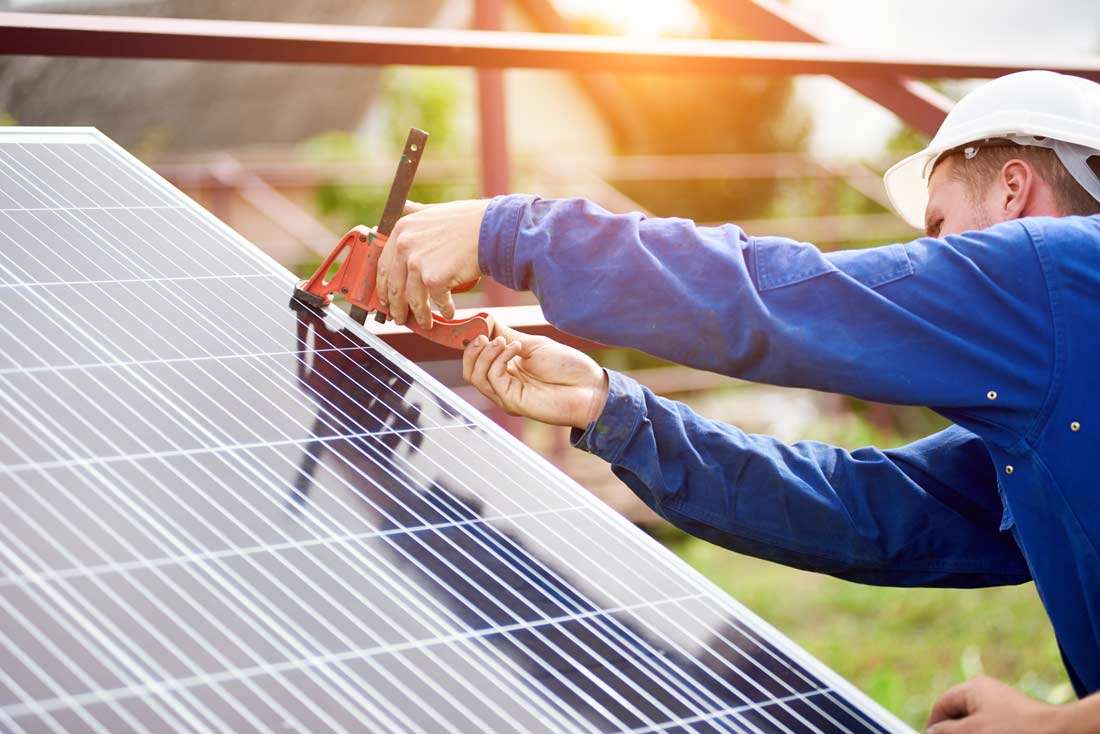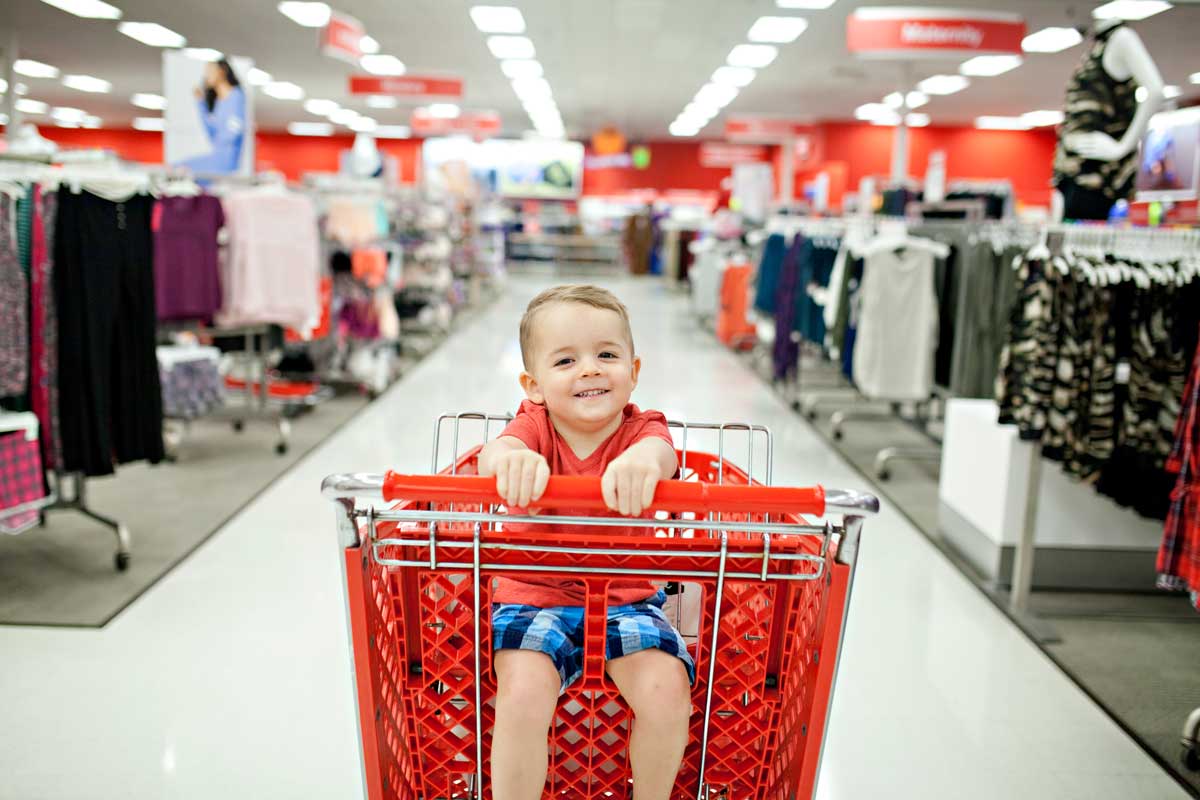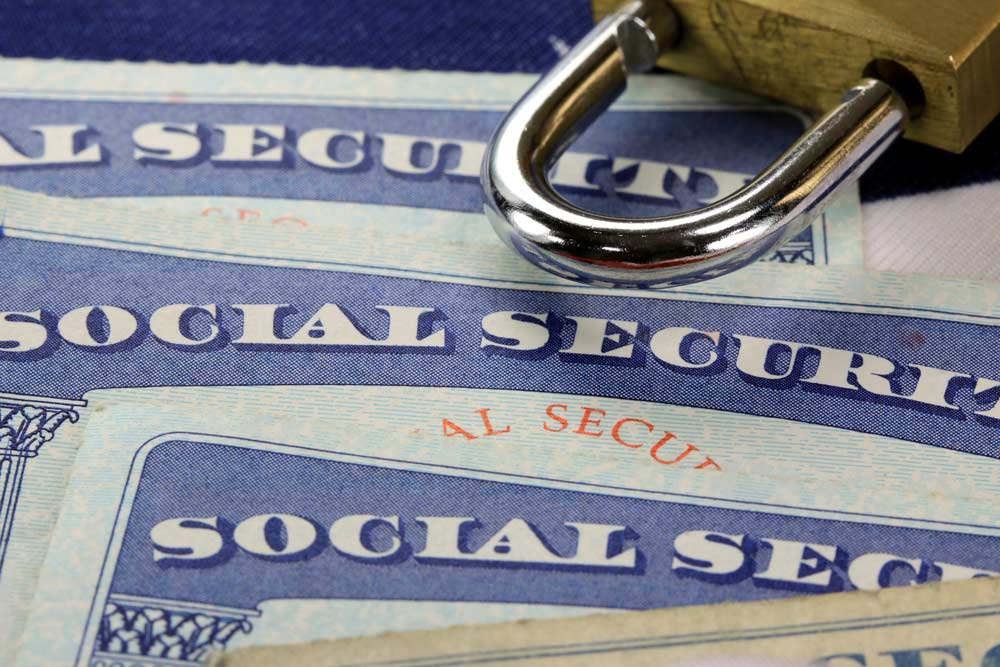Q: My summertime electric bills are sky-high. For this reason, I’m really thinking about having solar panels installed on my roof. I figure it’s gotta help me save on energy costs, but I hear they can be super-expensive. Should I go solar?
A: Solar panels are popping up on roofs all across the country. This year, with a 30-percent federal tax credit on solar panels extended until the end of 2019, solar panel installation is especially popular. It’s also incredibly effective: A solar panel system can lower a three-digit energy bill to less than $10.
But, are they worth the price? Let’s take a closer look at the cost-effectiveness of solar panels and highlight some important questions that will help you determine whether a solar energy system is the right choice for your home.
The dollars and cents of going solar
Most residential homes will need a five-kilowatt solar panel system for meeting their energy needs. According to the Center for Sustainable Energy, this will cost homeowners between $15,000 to $25,000, or $10,500 to $17,500 after the federal tax credit.
That’s a whole lot of money! Let’s take a look at four ways you can pay for your solar panel system:
1. Cash. If you can afford it, paying for your panels upfront will bring you the biggest return on your investment since, after the initial startup fees, your panels likely won’t cost you a penny. Depending on your system and your general energy consumption, your solar panels can reduce your electric bill by 70 to 100 percent. This means most systems will pay for themselves in five to seven years.
2. Lease agreement. Solar leasing is available in about half of the country. Like a car lease agreement, you’ll pay a monthly rent instead of an upfront fee for your panels. The leasing company will then install your panels and collect the federal tax credit, as well as any government incentives available in your state, on your behalf.
Leasing solar panels is generally not recommended for several reasons. For one, after the lease agreement is over, the company will either remove the panels or charge you full price for the privilege if you want to keep them. You also may end up saving less on your energy costs than you assumed since many leases contain an escalator clause, which increases lease payments by 3 percent a year. Finally, a leased solar panel system can scare off potential homebuyers should you decide to sell your house before the lease is up.
3. Solar loan. If you’d rather not lease your panels but you don’t have the cash available to pay for them upfront, you can take out a loan to help cover the costs. There are a couple different options for you to do this, so take some time to look at what would work best for you and don't be afraid to speak to a specialist!
4. Home Equity Loan or Home Equity Line of Credit (HELOC). Excluding cash, the most financially responsible way to finance your solar panel purchase is through a loan or a line of credit taken out against your home’s value. Speak to an MSRP at Wasatch Peaks to learn about the low startup costs and interest rates on our home equity loans and lines of credit. Interest is often tax-deductible (talk with your tax professional), and the funds you need can be available to you in very little time.
Are solar panels for you?
Ask yourself these questions before you make a decision:
A. Which way does my roof slant? In the United States, south-facing roofs are the best recipients for solar energy. Next up is west-facing, and then east-facing roofs. North-facing roofs are the least desirable for solar.
B. How much sunlight does my roof get each day? Are there obstructions, like neighboring homes, trees or hills that block the sun from reaching your roof? It’s best for sunlight to hit your panels for a minimum of five hours a day.
C. How large is my roof? An average residential solar system will need 20 panels to receive sufficient sunlight, which comes to roughly 500 square feet of roof space.
D. What type of roofing do I have? The cheapest and easiest solar panel installations work on roofs made of asphalt shingles or corrugated metal.
E. How old is my roof? It only makes sense to install your panels on a roof that has many more years of life left. Otherwise, you’ll need to pay to have the panels removed and then reinstalled when you replace your roof. Similarly, it’s not worth installing panels if you plan on moving out of your home within the next decade or so.
F. How expensive is my electricity? The higher your local electricity rates, the more cost-effective your solar panels will be. You can determine the rate you pay per kilowatt hour by looking at your most recent energy bill.
G. Are there any government incentives in my state? Aside from the federal tax credit mentioned above, many states offer their own incentives for going solar. You can check for any available state credits on the database of state incentives for renewables and efficiency.
The bottom line
Should you go solar? At the end of the day, it’s your call. If you can afford to pay for the panels or take out a HELOC or Home Equity Loan to help fund the purchase, and all other factors are in your favor, you may want to consider getting solar panels. Especially consider it while the federal tax credit is still active.
However, if you don’t think you can afford another monthly payment and you don’t believe solar panels would be in your best interest, you can find other ways to cut back on your energy costs without going solar.



